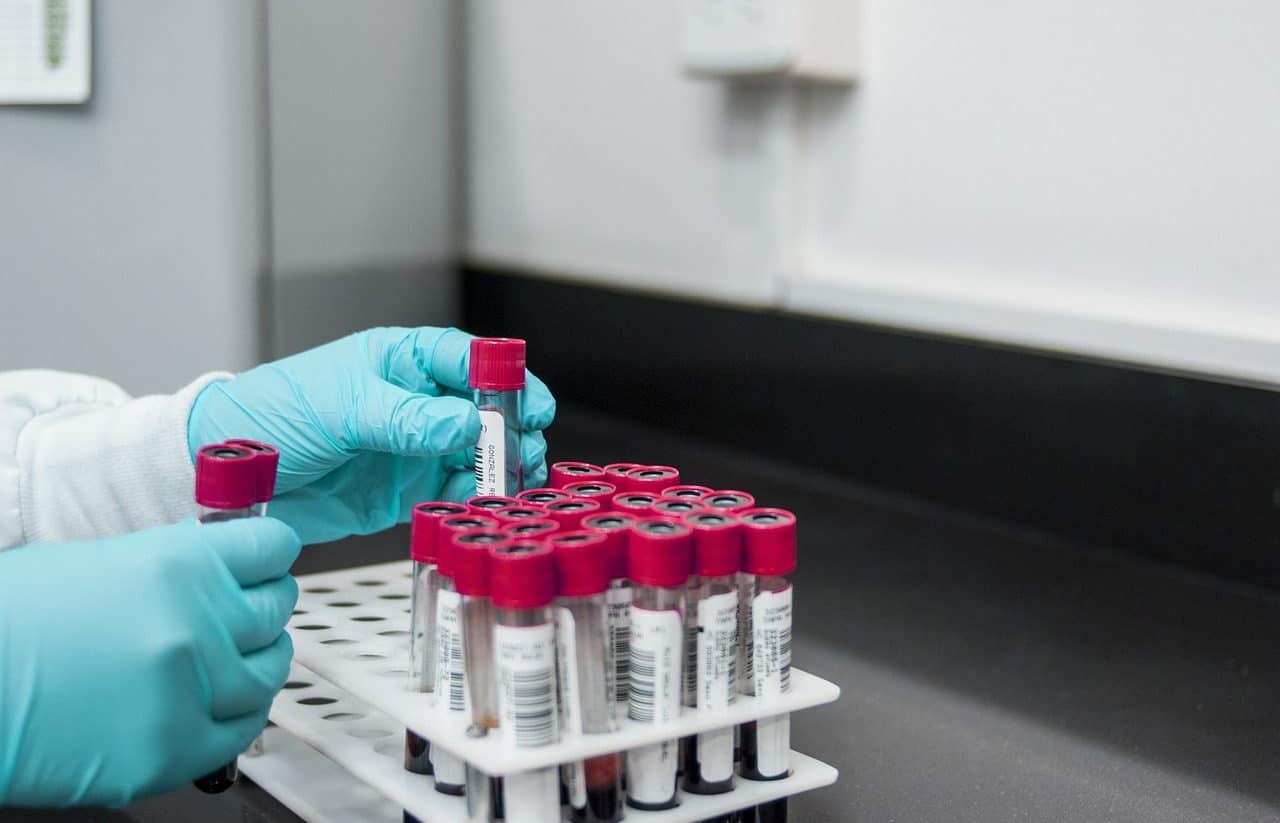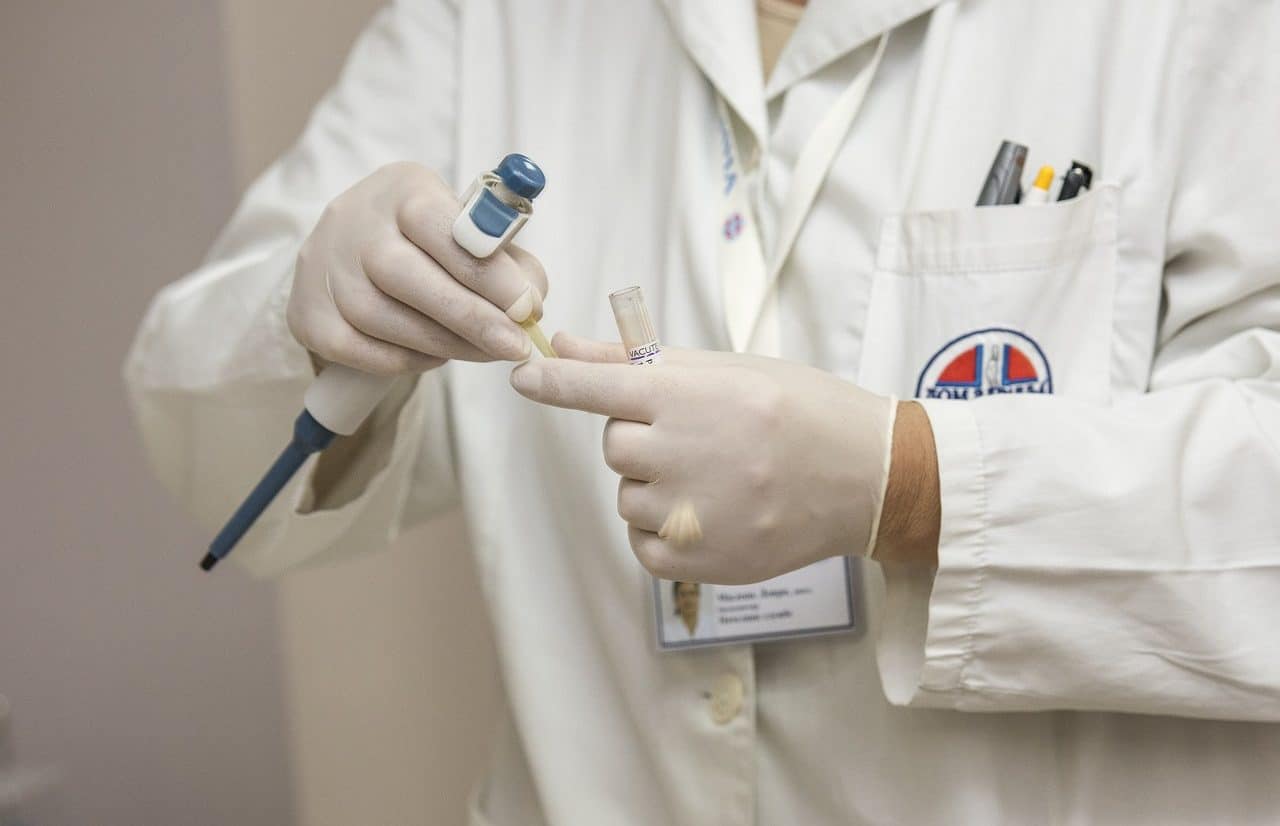
Risk assessment is one of the objectives of a clinical trial.
A clinical trial is the evaluation of a therapeutic technique or product that is not used in usual medical practices. These studies are carried out to determine the safety of its use in humans and its effectiveness .
It should be noted that the idea of testing refers to the test that is carried out before using or executing something. The adjective clinical , meanwhile, refers to the clinic (the medical practice linked to the observation of the individual and the treatment of their conditions).
The clinical trial, in this way, is the examination or testing of a substance, a procedure or a device to determine if its use is safe and if its application allows the desired results to be achieved.
Justification of a clinical trial
A clinical trial is developed when there are reasons to suspect that the drug or process under analysis can provide benefit to patients. What is sought with these experiments is to obtain information on the mechanisms of action, determine the side effects and know if the resource is effective or not.
In a broad sense, it can be said that the clinical trial is carried out if there is hope that the positive contributions of the novelty outweigh the possible disadvantages. In this way, the aim is to achieve a discovery that can be incorporated into the conventional practice of medicine .
Its development
The development of the clinical trial is carried out on healthy or sick volunteers to observe the body's reaction to a new remedy or treatment . The test is designed by various health professionals who specialize in a particular disease.
It is important to indicate that the clinical trial, before its launch, is evaluated by the health authorities, who must give their approval . In this framework, the intervention of ethics committees made up of doctors, pharmacists, nurses, law graduates and people unrelated to biomedical issues (who are in charge of representing the interests of patients) is common.
There is a clinical trial protocol that must be respected, as well as the ethical and legal standards that govern in the nation and in the international context. The protocol details what and how it will be done and how often, in addition to indicating why the test is necessary and the requirements that participants must meet.
It should be noted that informed consent is mandatory. Once regulatory approval is obtained and after patient recruitment and selection of subjects to participate, the clinical trial itself is carried out.
It cannot be omitted to mention that participants are free to abandon the test whenever they wish, without this decision altering the commitment to subsequent medical care and long-term follow-up. Patient data, on the other hand, must be managed confidentially and respecting each patient's privacy , even after the publication of results.
Regarding research funding , it can be public, private or mixed. Optimizing prevention or treatments, in addition to contributing to the well-being of human beings, can even lead to financial savings.

Through clinical trials, drugs are tested before they are marketed.
The importance of clinical trials
Clinical trials are essential for drug development and health innovation. Most treatments are the result of medical research , so clinical trials have a close relationship with quality of life.
A clinical trial can make it possible to discover a new therapeutic strategy , which becomes necessary in cases where standard medical treatments do not work. Given that clinical trials of medical devices exist, these evaluations are also relevant to improve diagnoses.
Vaccine clinical trials also demonstrate that these practices even serve to prevent infectious diseases .
Based on these considerations, then, it is possible to differentiate between different types of clinical trials . There are diagnostic, preventive, screening, treatment and quality of life trials , for example.

Clinical trials contribute to global health.
Its phases
The phases of a clinical trial are numerous. In fact, it can be pointed out first of all to a previous instance known as the preclinical phase , which includes in vitro tests (in the laboratory) and in vivo tests (in animals) before starting research on human beings.
It is common for the phases of the clinical trial to be numbered ( Phase I, II, III, IV ) according to the stages that are developed in order to answer different questions.
Thus, in Phase I safety is verified, in Phase II efficacy is studied, in Phase III other combined factors of efficacy and safety are verified and in Phase IV long-term effects are analyzed when the product is already used. is under commercialization.
These phases have various time extensions. The sample size also changes depending on the stage. The purpose is to adjust all the details to minimize the risks before the drug is released to the market or the technique is applied.
